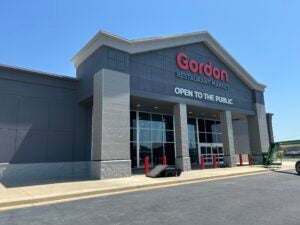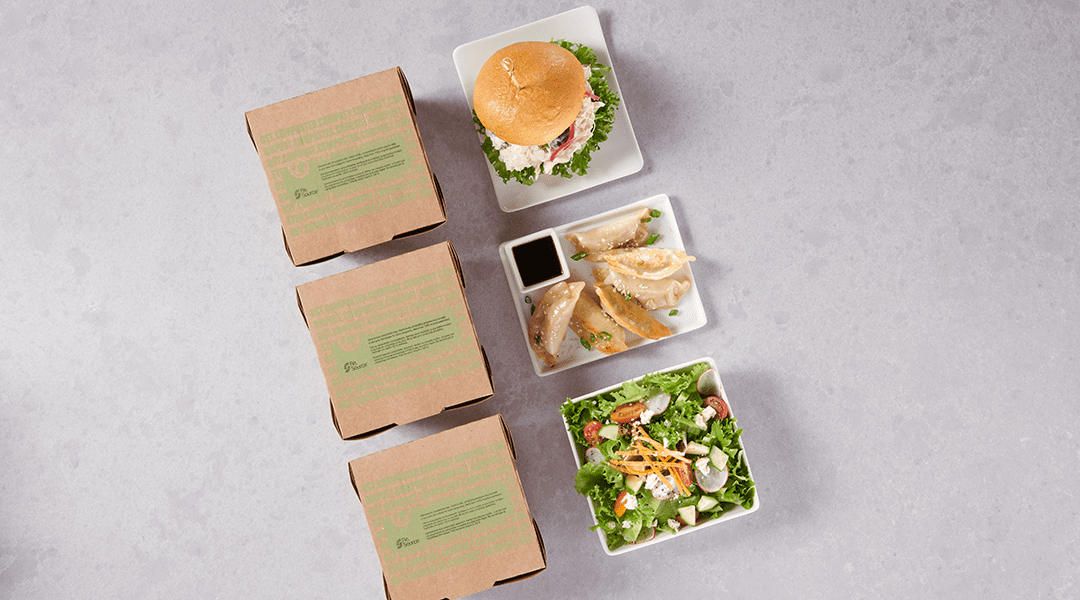In the world of foodservice operations, achieving and sustaining operational success is a challenge. With ongoing labor challenges and budget constraints, it’s imperative for foodservice leaders to prioritize cost control in order to excel year over year.
Amanda Goldman, MS, RD, LD, FAND, Gordon Food Service® healthcare industry sale strategist, strongly encourages operators to take the time to do an overall review of their operation.
“The ultimate goal with conducting the reviews is to fine-tune your department,” she said. “They help your business to be in an anti-fragile state, one that runs effectively and efficiently on a consistent basis.”
In order to best tackle those challenges, industry experts suggest focusing on the following:
Performance improvement and quality assurance are the cornerstones of running a successful foodservice operation. In an industry where consistency is key, ensuring that your team consistently delivers top-notch service is essential. This involves training staff, setting performance benchmarks, and continuously monitoring and improving processes.
Menus and product offerings are integral components of any foodservice operation. To control costs effectively, aligning your menu and product choices with your organizational goals is essential. This means carefully selecting items that cater to customer preferences, as well as fit within your budget constraints.
Leveraging specific operational tools and resources will ensure financial success and maintain a cost-effective culture. Gordon Food Service offers inventory management software, financial tracking systems and scheduling platforms that can help keep you on track. Investing in technology that streamlines operations can lead to significant cost savings in the long run.
Operational reviews focusing on cost control are critical for analyzing key performance indicators and developing strategies to improve overall performance. These reviews should be conducted on a regular basis to ensure that your foodservice operation stays on track.
Key metrics such as food cost percentage, labor cost percentage and customer satisfaction scores should be analyzed during these reviews. Identifying trends and areas for improvement will enable you to make data-driven decisions that can significantly impact your cost-effectiveness.
Building a cost-effective culture within your foodservice operation is about finding ways to improve performance, enhance quality and control costs simultaneously.
By focusing on performance improvement, quality assurance, menu and product optimization, and using operational tools and resources, you can create a culture of cost-effectiveness that drives operational excellence and ensures long-term success in the competitive foodservice industry.




























